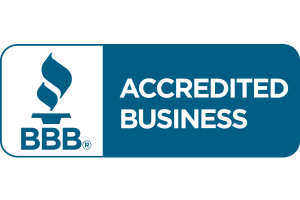Deed in Lieu of Foreclosure Florida
Property and home owners, who cannot make their mortgage payments and cannot sell their home for a profit, may want to consider a deed-in-lieu of foreclosure.
A deed-in-lieu of foreclosure transfers the property back to the bank or mortgage company without going through the hassle of a short sale or the ramifications of judicial foreclosure. This can take place prior to the foreclosure filing or during the foreclosure process prior to the entry of the final judgment of foreclosure. Both the lender and the borrower have to agree to the transfer of the property. Many lenders will not agree to this if the value of the property is significantly less than what a borrower owes. But they may take into consideration how much it would cost to seize and liquidate the property in a foreclosure action. Another requirement for a deed-in-lieu is that there are no other liens on the property other than the first mortgage (such as a second mortgage, tax lien, or association lien).
Having an experienced Miami foreclosure attorney can make a big difference when seeking a Deed-in-Lieu of Foreclosure from your lending institution.
So let’s say you have a house worth $190,000 and you owe $180,000 to the bank but you can no longer make the payments. The bank may consider simply accepting the deed and then selling the home. You walk away without your credit showing a foreclosure and also without the emotional toll a foreclosure can take on you and your family.
Although you will still lose your home, if the lender accepts the deed-in-lieu of foreclosure, then the borrower is released from the mortgage debt. A deed-in-lieu of foreclosure is quicker than a short sale too, and if your bank accepts it, you can move on with your life and escape the crushing burden of making mortgage payments you can no longer afford.
A real estate attorney can be very important in deed-in-lieu of foreclosure negotiations with a lender. Even though this is an out-of-court settlement, most of the time, the bank often takes several months before they agree to a deed-in-lieu of foreclosure. Many times, the bank needs to first encounter an aggressive legal defense before they agree to a deed-in-lieu of foreclosure. Since over 95% of foreclosure cases are not effectively defended, the banks often believe they can easily get a judgment and are not incentivized to settle without the judgment.







